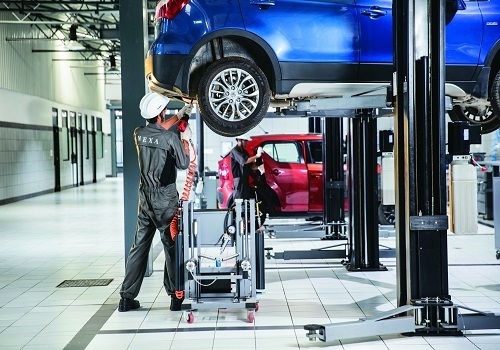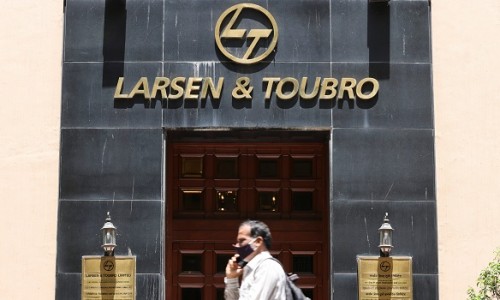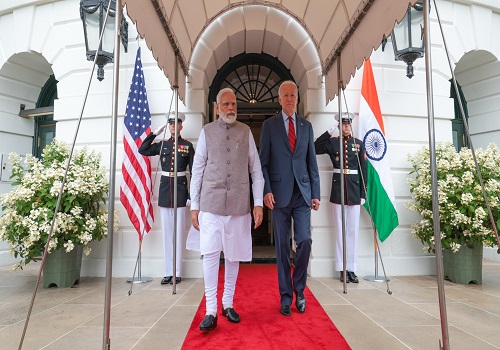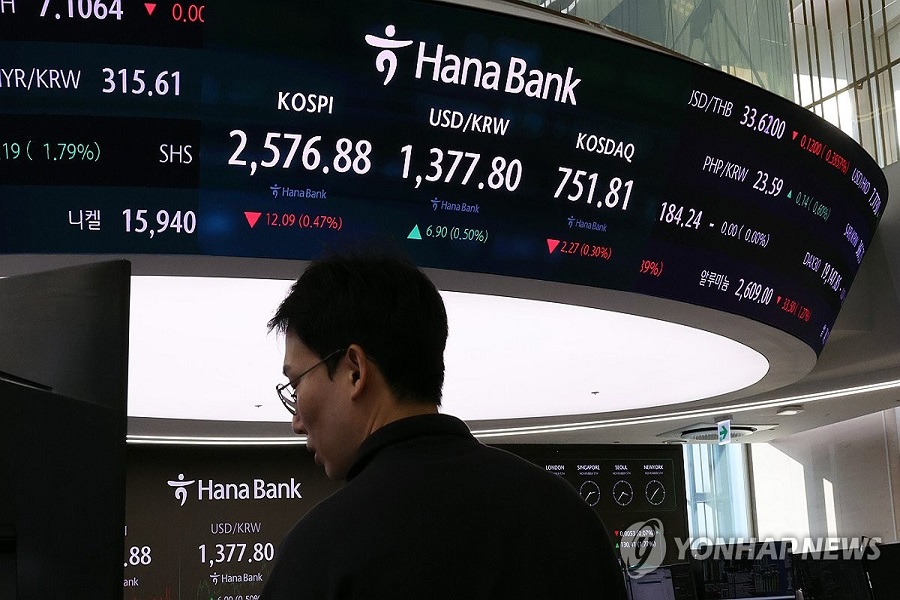Australian government releases signature Electric Vehicle strategy

Follow us Now on Telegram ! Get daily 10 - 12 important updates on Business, Finance and Investment. Join our Telegram Channel
The Australian government on Wednesday released the nation's first electric vehicle (EV) strategy, outlining how it will remove barriers to buying EVs in the country.
The National Electric Vehicle Strategy was released by Climate Change Minister Chris Bowen and Transport Minister Catherine King, reports Xinhua news agency.
Transport is the third largest source of emissions in Australia. This strategy aims to cut carbon emissions from vehicles by 3 million tonnes by 2030.
It focuses on the supply of EVs to Australia, the infrastructure to support them and demand from drivers for them and identifies six expected outcomes including a greater choice of EVs, more affordable EVs and an increase in local manufacturing.
It also includes a plan for Australia's first fuel efficiency standard for petrol and diesel vehicles to encourage car makers to import zero and low-emissions vehicles to the country.
Australia is one of the few developed nations without the above-mentioned standard.
As a result, new Australian vehicles use 40 per cent more fuel on average than those in the European Union.
Bowen said on Wednesday that the policy would deliver "greater choice for Australians to drive cars that are cleaner and cheaper to run".
"This strategy provides the coordination and leadership to drive down costs and improve infrastructure so that we get more affordable and accessible electric vehicles on the market," he said in a statement.
"Fuel-efficient and electric vehicles are cleaner and cheaper to run -- today's announcement is a win-win for motorists."
According to data from technology analysis from Canalys, Australia lags far behind Europe and China in EV sales, with the uptake of EVs around four times lower than the global average.
The document did not include details on when fuel efficiency standards will come into effect, with the government to hold a six-week consultation process to determine the details of the policy.
"More than 85 per cent of all cars sold in the world are subject to fuel efficiency standards. It's time Australians were offered the same choice," King said.












 320-x-100_uti_gold.jpg" alt="Advertisement">
320-x-100_uti_gold.jpg" alt="Advertisement">












